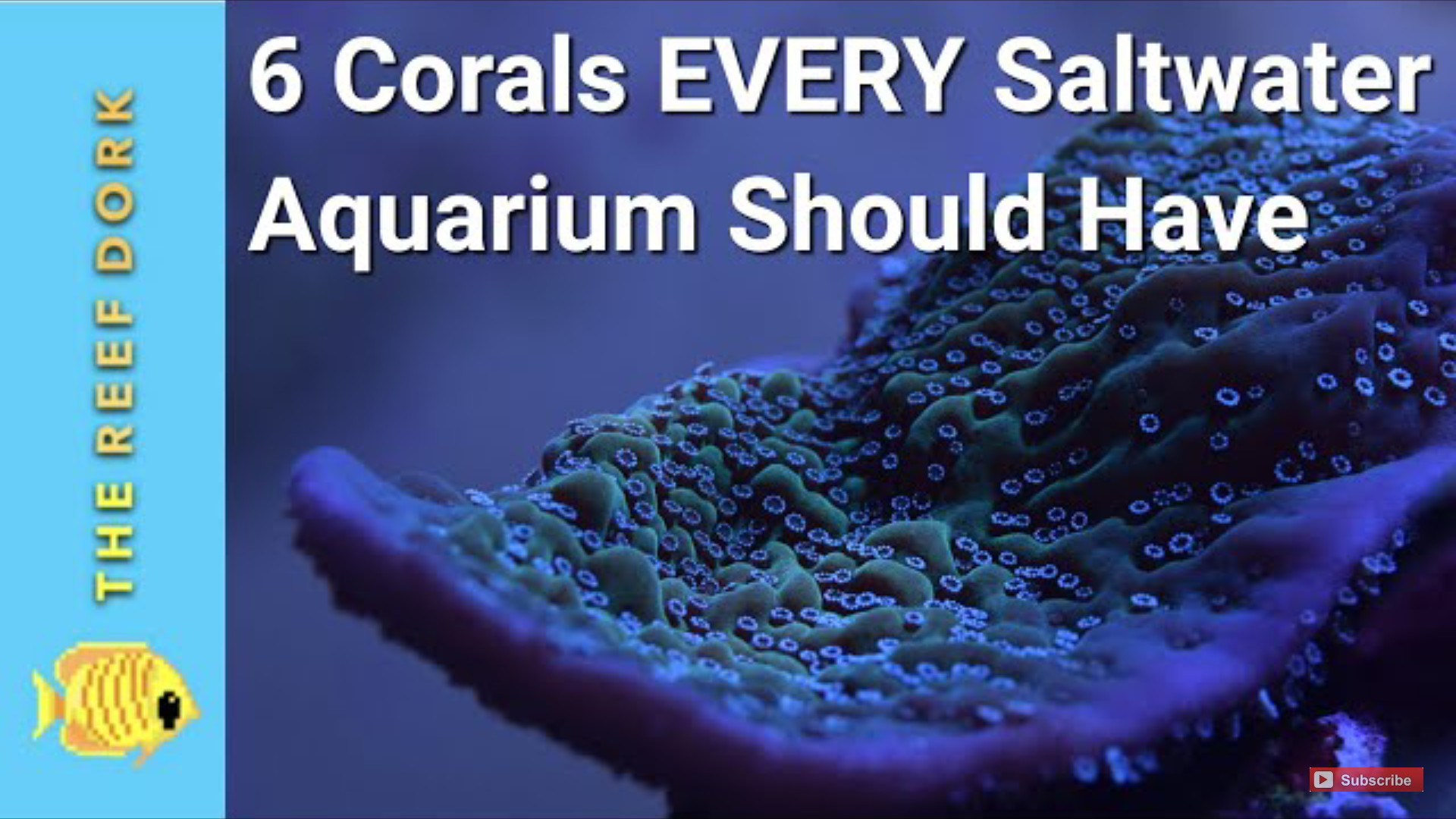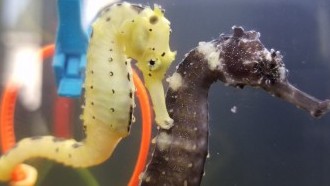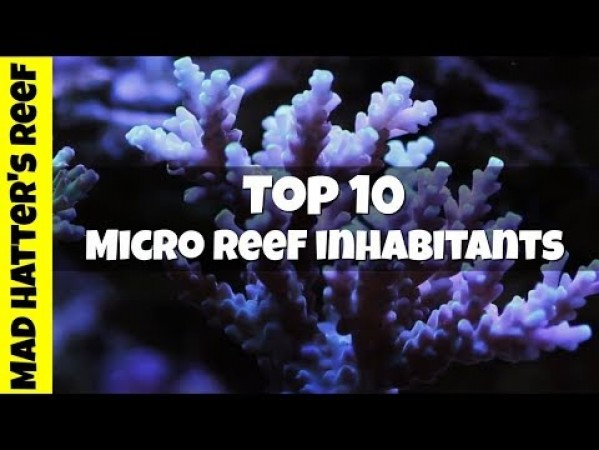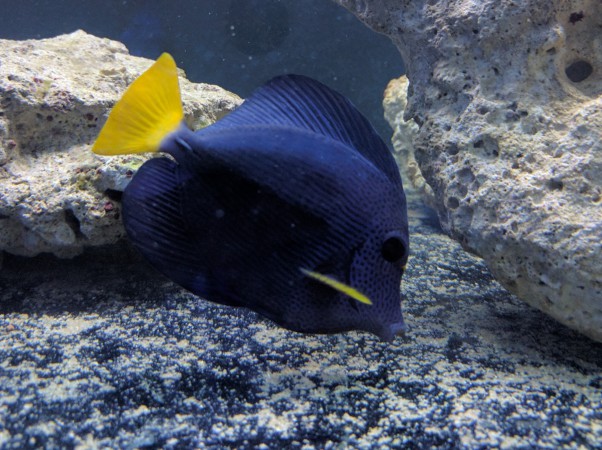- Name:
Burning Embers Acan
(View AKA's) - Family: Mussidae
- Species: Acanthastrea
- Scientific Name: Acanthastrea bowerbanki
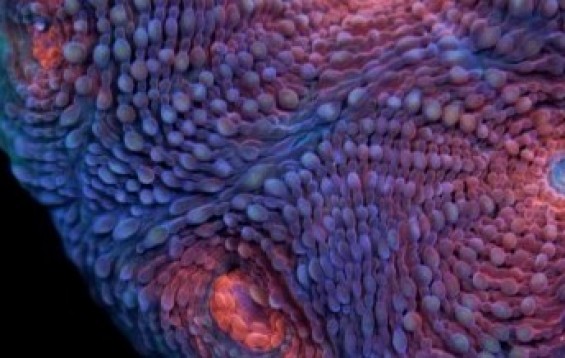

General info about Burning Embers Acan
Burning Embers Acan are small encrusting corals that have corallites with an irregular angular shape. The central corallite is conspicuous with compact septa and small columellae. This is one of the few species of Acanthastrea that is not fleshy. Its general color range from pale gray or brown and is often mottled.
You also have to look out for other factors and must stay within the range:
- Calcium: 400 - 450 ppm
- Alkalinity: 3.2 - 4.8 MEQ/L
- Phosphates: 0
- Magnesium: 1200 - 1350
- Strontium: 8 - 10
- Temperature: 76° - 83° F (24° - 28° C)
- Salinity / Specific Gravity: 1.023 - 1.025
Burning Embers Acan Diet & Nutrition
In the wild, Burning Embers Acan has developed a symbiotic feeding relationship with marine algae called zooxanthellae. But in captivity, you have to feed them with nanoplankton or dissolved organics.
Fragging / Propagating Burning Embers Acan
A mature tank is highly recommended in propagating Burning Embers Acan. Thriving them with fish is recommended as fish excretes nitrogen that can sustain the coral's growth.
Flow / Lighting Requirements for Burning Embers Acan
Burning Embers Acan does not need a high flow rate and intense light. Giving them moderate lighting allows the Burning Embers Acan to spread their polyps thereby allowing them to feed. Too much light will cause the polyps to be retracted.
Burning Embers Acan Origin
Burning Embers Acan have a wide range of habitats and can be found in both tropical and subtropical areas. They are widely distributed in the Indo-West Pacific region ranging from Indonesia to Melanesia and Japan to Australia.
Caution Should be Taken with Burning Embers Acan
Except for their kind, Burning Embers Acan is aggressive towards other species. During the night, they extend their tentacles and sting nearby corals. It is recommended to observe proper spacing between corals. Further, they have the tendency to be overpowered with soft corals and will die especially if soft corals outnumber them.
How to Acclimate Burning Embers Acan
Burning Embers Acan are purely marine. So, therefore, salinity must be maintained thoroughly at 1.023 to 1.025 specific gravity.
Stinging Tentacles on Burning Embers Acan
During the night, they extend their tentacles and sting nearby corals.
Original Detail
| Name | Species | Family | Scientific Name | More Detail | Added by |
|---|---|---|---|---|---|
| Burning Embers Acan | Acanthastrea | Mussidae | Acanthastrea bowerbanki | Burning Embers Acan are small encrusting corals that have corallites with an irregular angular shape. The central corallite is conspicuous with compact septa and small columellae. This is one of the few species of Acanthastrea that is not fleshy. Its general color range from pale gray or brown and is often mottled. You also have to look out for other factors and must stay within the range:
|
PalaciosAn |
Changed by users
| Submitted Date | Submitted By | Status | Action |
|---|


